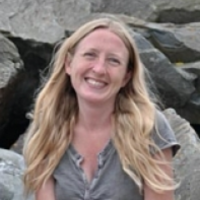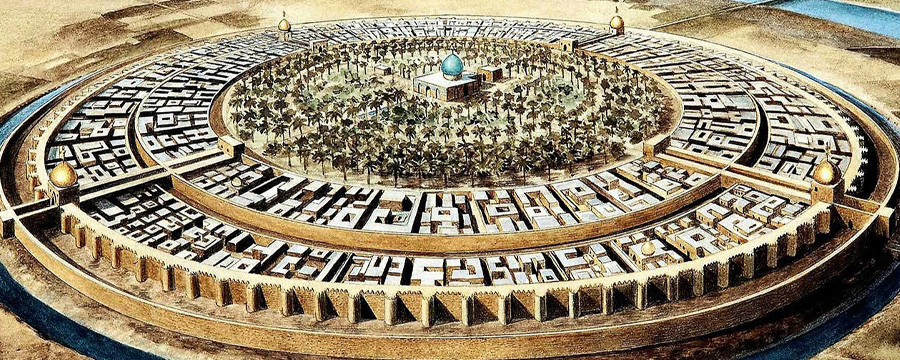#PS-03-02 Health and Wellbeing in the Ancient World
About Course
The Open UniversityDescription
Understand Greek and Roman approaches to health and well-being
What did being healthy in ancient Rome or Greece look like? How can we tell what well-being meant in ancient times?
This online course will help you investigate these questions, using both literary and archaeological evidence, to uncover details of real life in ancient societies.
We will divide the body up into organs and systems, using each to explore ancient theories on the structure and function of the human body.
We will discover what ancient societies thought about topics that we still wrestle with today – from the relationship between mind and body, to sexuality, ageing and gender.
What topics will you cover?
- What is health? Ancient and modern perspectives on health and disease
- Medicine, religion and magic
- Using online resources
- Vision: theories of sight, approaches to eye disease, including drugs and surgery
- Body modifications
- Diet and digestion
- Human waste: using evidence from toilets and sewers
- Conception and birth: theories and practices
- Ideal bodies and disabled bodies
- The health of the army: recruiting and treating soldiers
Who will you learn with?
I’m Professor Emerita in Classical Studies at The Open University. My main research interests are in the history of medicine and I’m passionate about extending access to learning for everyone.
I have an interest in sensory studies, and how this helps us to understand human experience in the ancient Roman world. See more at: http://www.open.ac.uk/people/eb
What Will I Learn?
- Develop confidence in exploring the variety of fields that constitute classical studies.
- Explore and become familiar with open-access resources for classical studies.
- Develop the ability to critically analyse primary sources.
- Apply and gain skills in analysing complex problems based on fragmentary evidence.
- Engage with contemporary interpretations and scholarly debates.
Topics for this course
Defining health
Images of health00:04:35
How healthy are you?00:01:42
Talking about health00:06:31
Health and the gods
What is health? Ancient answers
Who is telling us this?
What is health? Modern definitions
Other definitions of health
Hearing ancient voices
Keeping your finger on the pulse
This is a very good match course and relevant to my work environment. It will add more value to my career endeavor.
This course is well suited as a treatise on Greek archaeology, drawing on literary and archaeological evidence to reveal the details of real life in ancient societies.
I learned more about health, about diet and digestion. The course will divide the body into organs and systems, using each to explore ancient theories of body structure and function. Be friendly, but be more direct. Very helpful. I'm glad I took this course.
Although I am naturally in tune with all of this, it is a good to reinforce the practices.




